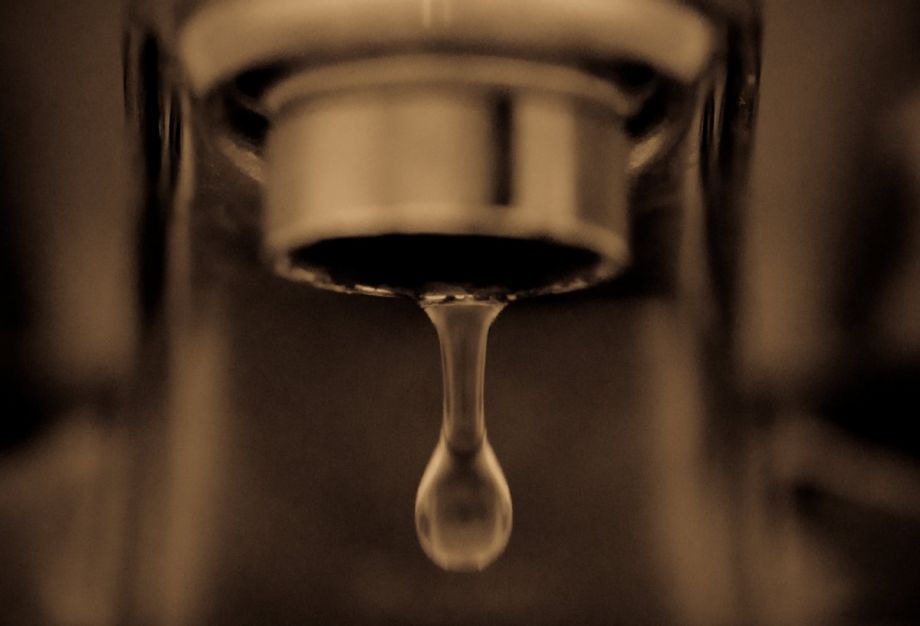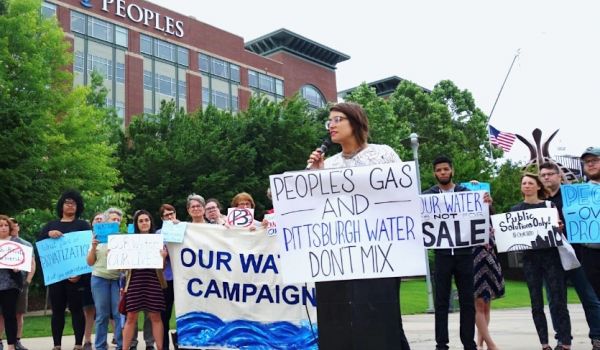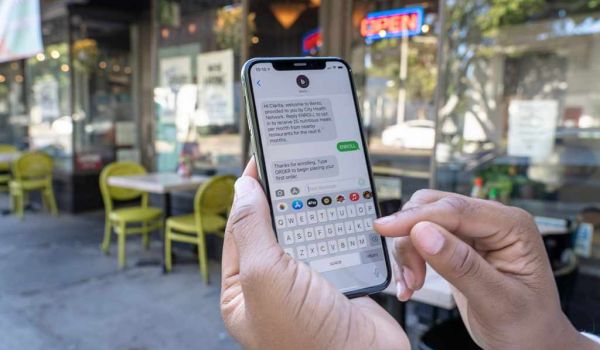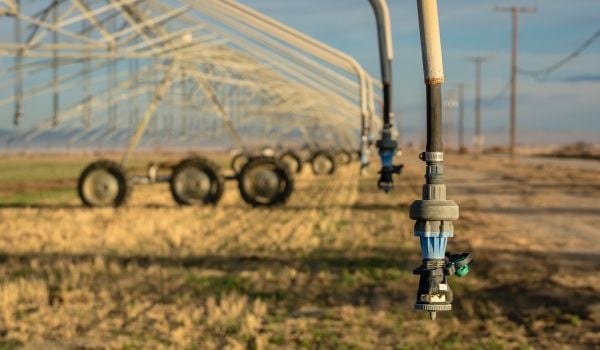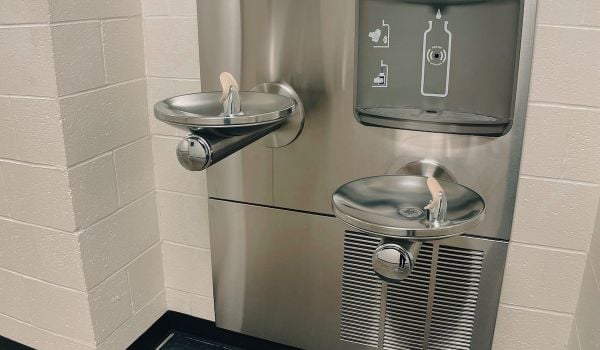The economic fallout from the pandemic has hit Americans hard. Without the safety net that many other developed countries enjoy, Americans are having a hard time affording their basic necessities, including essential utilities like water. But Americans have struggled to pay their water bills long before the pandemic—and there’s already research on what cities can do to help their residents shore up their debt.
A May 2016 study by the Center for Financial Security in partnership with the National League of Cities offers a potential solution: using missed city utility payments as opportunities to funnel people toward financial empowerment programs.
.Known as LIFT-UP, the pilot program was tested in five cities — Newark, New Jersey; St. Petersburg, Florida; Houston, Texas; Louisville, Kentucky; and Savannah, Georgia — to see if municipal debt collection processes could be an effective on-ramp to financial empowerment services like individualized repayment plans and financial counseling while, at the same time, cutting down on the costs cities incur trying to get people to pay their utility bills.
By getting low-income families connected to these services, the idea is that LIFT-UP would not only help residents repay their water debt, but avoid getting into debt again in the future. On the municipal side, if residents repay their bills, the investment for cities is a win-win: Cities can reduce the amount of debt they have to write off, and they can direct their often limited resources away from debt collection and towards something else.
The LIFT-UP process started with identifying potentially struggling customers, based on their delinquent balances. Once in the program, participants were offered a chance to restructure their debt owed to make smaller, more frequent payments over a longer period of time. “To pay everything back in two to four installments is just not feasible,” says Stephanie Moulton, the report’s author.
Instead, LIFT-UP had financial empowerment counselors and trained city collections staff work with individuals to determine a reasonable repayment amount and schedule based on that individual’s circumstances, giving some people up to a year to repay their debt — far longer than cities often give. “If I think about COVID and job loss and being back at work in a couple of months, [traditional] repayment is going to be difficult” for them as well as those on a fixed income, Moulton adds.
Along with the restructured repayments, participants got individualized financial counseling to create a custom action plan to address their complete financial needs. This is also where participants would be connected to emergency, public, and banking services as necessary.
While each of the five cities all had unique utility operations and thus saw unique outcomes, the results were staggering nonetheless.
In St. Petersburg, LIFT-UP participants were 53% less likely to experience a water shutoff in the 12 months after enrolling and averaged paying $140 less in avoidable fees like late fees and reconnection fees over the same period. Participants in Houston averaged outstanding balances that were $170 less as a result of the program and $300 less in Newark.
Beyond the benefits for participants, LIFT-UP shows that cities stand to gain from the program as well.
“St. Petersburg had $2.4 million a year in costs to manage delinquent customer utility accounts,” Moulton says. “They were writing off over $1.5 million in debt each year, so their idea was if we can invest in a preventative program and show that it’s effective, it might actually save money for the city, too.” And it did. The LIFT-UP evaluation that Moulton headed found that the cost savings in St. Petersburg could be as high as $270 per customer, outweighing the $260 per customer cost required to implement the program during the pilot period.
“There’s a need to be able to go back to stakeholders, politicians, and taxpayers and show why you might want to invest in programs like this. It happens to be a rare win-win cost savings for both the city… and the customer in the long term,” Moulton says.
Ultimately, whether or not programs like this can be implemented in cities to address the debt that the pandemic’s economic crisis has led to depends on the flexibility of city systems.
Denise Belser, program director with the National League of Cities’s Economic Opportunity and Financial Empowerment program, explains that for everything from how collections can be conducted to what kinds of repayment plans cities are able to offer is largely dictated by the limitations of their technical systems. “We had cities that couldn’t do a whole lot because their systems wouldn’t allow them to do that and others that could, so the range of designs of LIFT-UP was informed by those systems.”
“If a city is really trying to do this and figure this out,” Belser says of the financial struggles that the pandemic has brought that are likely to last beyond the health struggles, they have to ask themselves “what investment are we going to make to really deal with this? If a system is not going to allow a city to think outside the box and figure out how to meet people where they are,” then perhaps the first step for some cities will need to be investing in the ability to make these changes from the outset.
“There has to be some level of commitment on the city’s part to want to do something,” Belser concludes.
This article is part of The Clean Slate, a series about how cities can use technology and policy to eliminate unjust fines, fees, and other barriers to economic mobility. The Clean Slate is generously supported by the Solutions Journalism Network.
Editor’s note: We’ve corrected Denise Belser’s title.

Cinnamon Janzer is a freelance journalist based in Minneapolis. Her work has appeared in National Geographic, U.S. News & World Report, Rewire.news, and more. She holds an MA in Social Design, with a specialization in intervention design, from the Maryland Institute College of Art and a BA in Cultural Anthropology and Fine Art from the University of Minnesota, Twin Cities.
Follow Cinnamon .(JavaScript must be enabled to view this email address)

